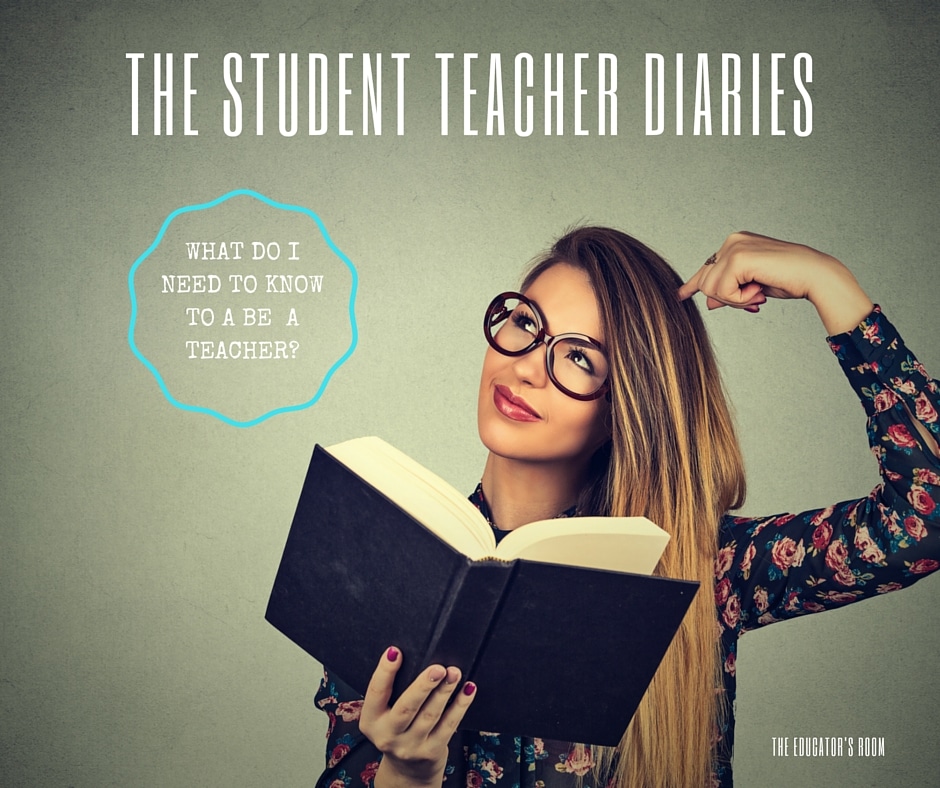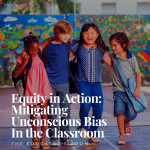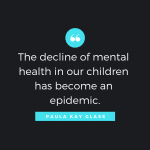Teaching is about learning. Teachers take classes to learn about content, strategies, behavior, classroom management and more. In order to move our educational system forward, however, the knowledge, experience, and expertise of master teachers needs to be shared with those entering the profession. Each college has its own path for how this learning takes place; but, they all peak with a student’s internship or student teaching experience.
This fall as I gain 20 new students and families, I also gain a student intern. The beginning of school is always an exciting time. It starts in July when back to school ads come out and I collect penny and quarter supplies for students I have yet to meet. From past years I have ideas and lessons and plans for how to set up my classroom, however, this year it’s more. While I am teaching my students the behavioral expectations, learning about them as they learn about each other, and figuring out what each student needs, I am simultaneously turning control over to a novice educator.
[fusion_builder_container hundred_percent=”yes” overflow=”visible”][fusion_builder_row][fusion_builder_column type=”1_1″ background_position=”left top” background_color=”” border_size=”” border_color=”” border_style=”solid” spacing=”yes” background_image=”” background_repeat=”no-repeat” padding=”” margin_top=”0px” margin_bottom=”0px” class=”” id=”” animation_type=”” animation_speed=”0.3″ animation_direction=”left” hide_on_mobile=”no” center_content=”no” min_height=”none”][bctt tweet=”I am simultaneously turning control over to a novice educator.” username=”EducatorsRoom”]
Every year I start my classroom with a SuperHero theme. It provides numerous writing, science, and getting to know you activities allowing me to establish the climate and culture of our classroom. This year, however, I will have another adult to add into our mix. It is exciting to work with a student intern, but at the same time, I will not be teaching much of the first semester. So as I think of my old favorites and the new things I am excited about, I have to take a breath and make room for the new. It is a balance to model, teach and mentor a student intern.
There are three things that are important for all teachers (novice and veteran) to establish at the beginning of the year. They are discussed in order of importance below as they each build upon the other. Without a firm teaching foundation, you cannot manage your students and therefore you cannot set up an environment for quality learning.
[bctt tweet=”Without a firm teaching foundation, you cannot manage your students” username=”EducatorsRoom”]
Every teacher has a personal philosophy. Oftentimes it is not something they have put much thought or reflection into, however. Your own personal philosophy is the bases of how you believe learning occurs. It follows a continuum from idealism through existentialism. I believe it is part of the art and heart of teaching. Whether you believe ideas are a reality, physical nature is a reality, truth and experience are reality or individuals shape their own reality; this will determine your philosophy. In turn, your philosophy will determine if your classroom is teacher-centered, student-centered or somewhere in-between. It is important that each educator understands their philosophy. It will offer insight into the teacher’s beliefs and their behaviors in the classroom.
To write your teaching philosophy think about learning. What does learning mean to you? How do people learn? What is your role in their learning? How do you teach others? Why? What do you want students to leave your classroom having gained? Reflect on these questions and write a paragraph to describe your thoughts on how learning occurs and your role in learning. This is your personal teaching philosophy. Taking the time to develop a teaching philosophy will give you purpose and meaning in what you do. It should guide the decisions of your classroom and provide you with guidance and focus throughout the year.
I believe in Love and Logic as well as natural consequences. I do not have a clip chart in my classroom and I rarely use behavior charts. Our district uses the CHAMPS system and this connects closely with my own personal ideas and philosophy. Respect is the bases. By giving this to students you help them develop their potential. Finding the positive with students, developing relationships and using systems that work for the student all increase your success in classroom management.
Think about your personal philosophy and think about behaviors that are unacceptable in your classroom. Why are they unacceptable? What will you do when they occur? How will you handle this while still showing respect to the student? Leading 20+ kids can be a challenge even for veteran teachers. Students come to us today with baggage, experiences, problems and concerns beyond what a child should have to comprehend. Educators’ have the important job of setting up a classroom community for all students. There are many systems available, but you need to pick one that follows the district guidelines and matches your teaching philosophy. If you do not believe in the method you will be inconsistent and that is death in a classroom management system.
Setting up a classroom is usually the go to for new teachers. It was one of the first questions my student intern asked, “Can I see our room?” It is easy to get excited about “your space” and to think about classroom set up. There are a million options from posters to seating arrangements and flexible seating that anyone can do. But this should be the last part in your beginning of school year journey.
Setting up the physical space depends on your teaching philosophy. Will you use project based learning? Partner work? Direct instruction? How will your organize your lessons and supplies? What will your students have access to? Where will your students keep their supplies? How will you teach your students to organize themselves? What responsibilities will your students have? Your method and strategies should determine how your room is arranged.
In elementary classrooms, you often need spaces for multiple purposes. You want to organize the desks or the furniture (flexible seating can be a fantastic tool) to meet the needs of your students. You want to think about traffic flow, group work and materials. Again, this all ties back into HOW you will be teaching. So spend some time browsing the internet and asking colleagues to let you have a peek. How will this physical space work for you?
The beginning of the school year is always an exciting time. When you have a students intern, however, you must understand your own personal philosophy in order to help your new educator learn about theirs. Depending on how close they relate, or how far apart they are, will help you in setting up the classroom so you both use your strengths to reach the needs of your kids.

[/fusion_builder_column][/fusion_builder_row][/fusion_builder_container]






